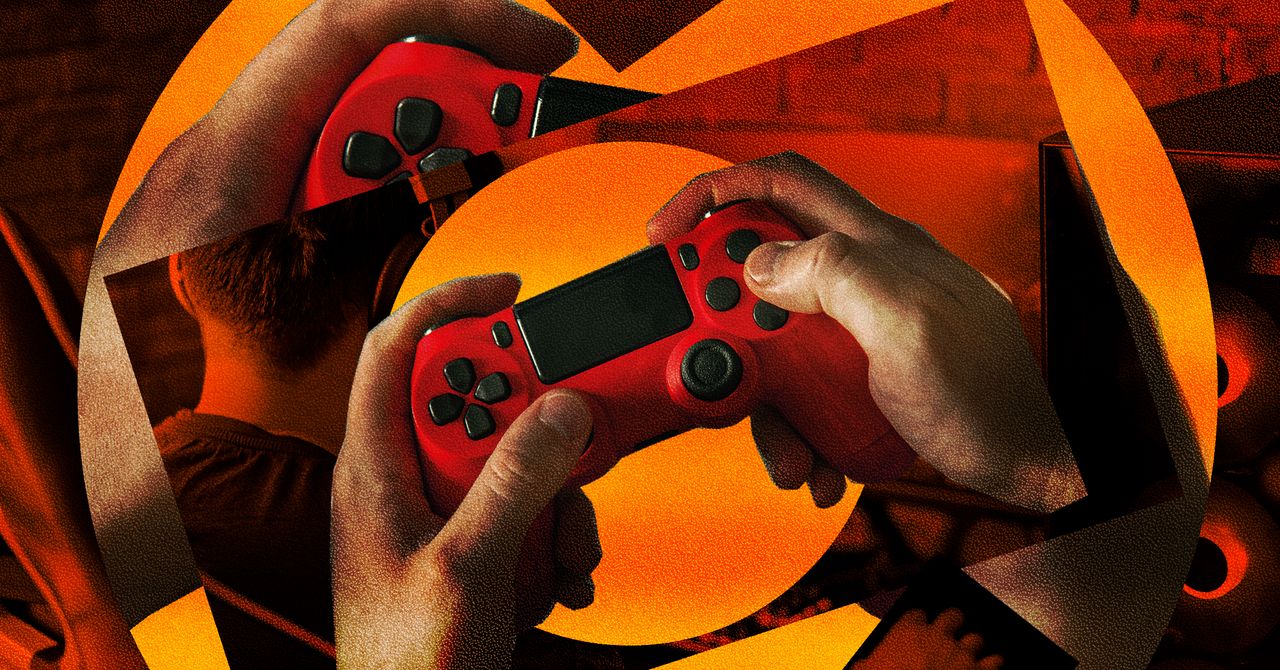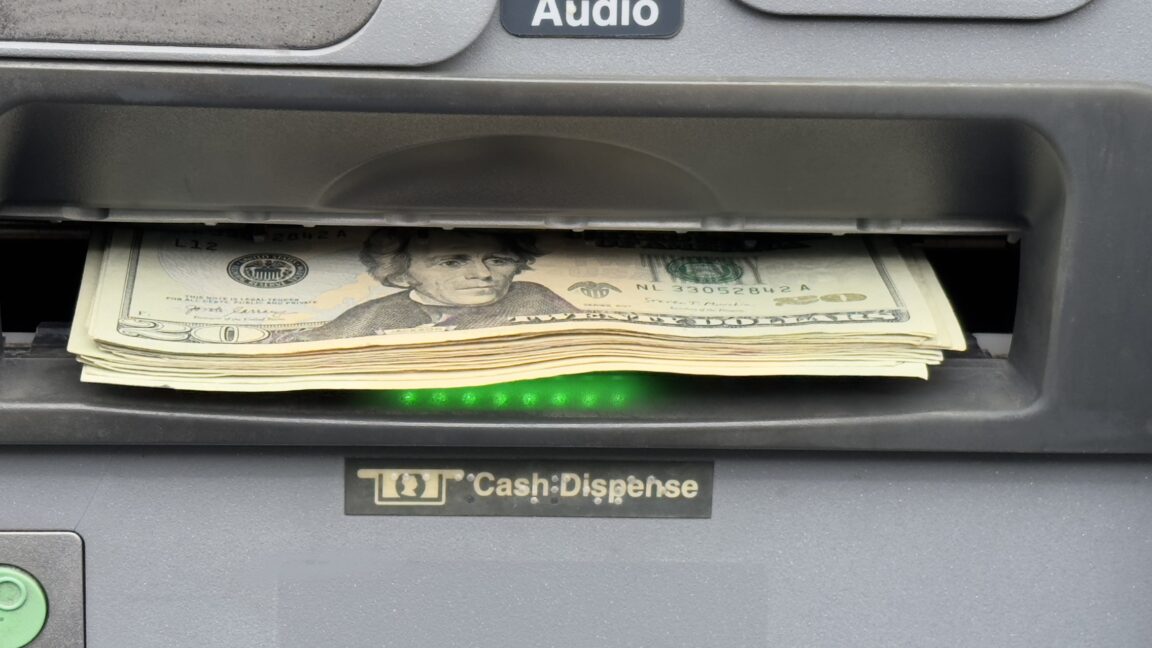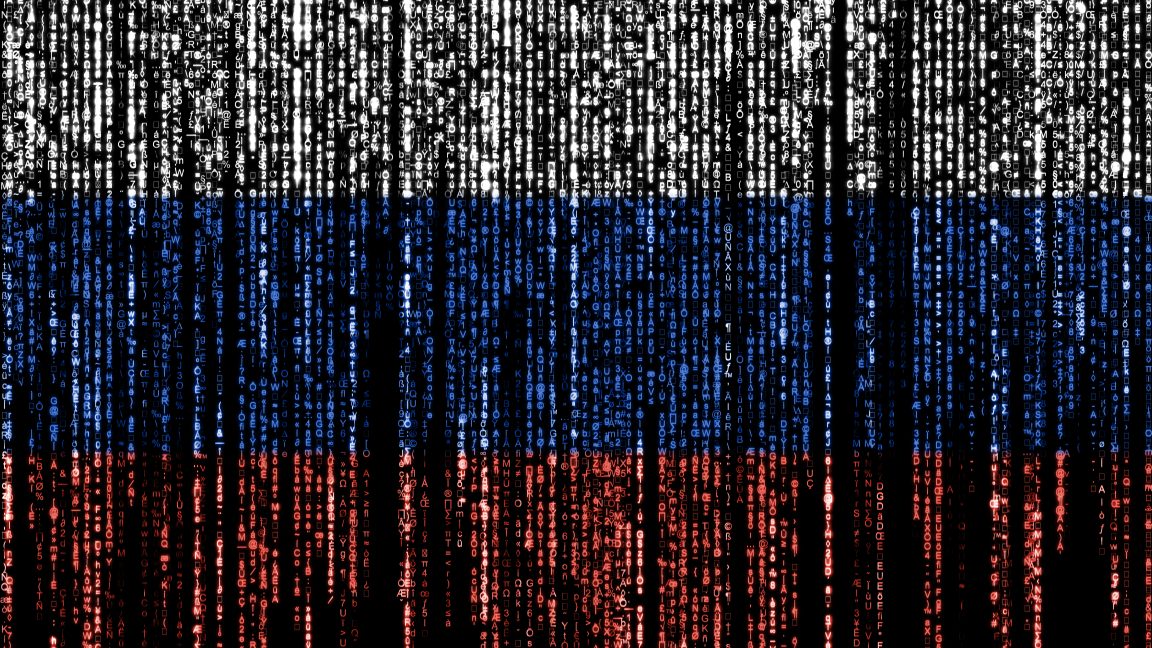Inside the Multimillion-Dollar Gray Market for Video Game Cheats

Software that can see opponents through walls. Aimbots that lock onto other players automatically. Tools that maximize characters’ stats. The world of online game cheats is expansive, with some websites advertising hacks for dozens of PC games, fueled by an underground economy allegedly raking in millions each year.
Over the past two years, computer scientists from the University of Birmingham have been studying the online cheat marketplace. Their research, focusing on the behaviors that get players banned and the efficacy of anti-cheat systems, estimates that 80 cheat websites could be making between $12.8 million and $73.2 million annually. That breaks down to about $1.1 million to $6.1 million monthly.
Professor Tom Chothia, along with assistant professor Marius Muench and PhD researcher Sam Collins, presented their findings at the Black Hat cybersecurity conference in Las Vegas. Their analysis of North American and European cheat-selling websites suggests that between 30,000 to 174,000 people may purchase cheats monthly. This does not account for cheats purchased from forums, Asian websites, or those using free cheats, potentially underestimating the cheat ecosystem.
The cheating community’s web extends beyond cheat-selling sites to include resellers, Discord communities, and forums. Cheats often manipulate game processes or operate externally via sophisticated hardware. Some markets have become industrialized, resembling professionally designed online shops, offering cheats for one-time use or as subscriptions.
Cheat websites typically accept payment through mainstream services and maintain professional customer service. Crucially, the websites’ success hinges on the functionality and longevity of their cheats. Status indicators on sites show the current effectiveness of cheats.
The battle between cheat developers and game companies, who spend significantly on anti-cheat technology, occasionally escalates to lawsuits over potential copyright issues. Yet, selling cheats remains legal in most countries, with few exceptions like China and South Korea.
Cheats continue to evolve, with developers constantly refining methods to circumvent anti-cheat systems. Andrew Hogan from Intorqa notes that cheat developers regularly update their methods, albeit often detectable within a short period. Recent resurgence in 'pixelbots', now advanced with AI and machine learning, highlights this evolution.
While the cheat and anti-cheat arms race becomes more sophisticated, engaging with kernel-level operations poses increased risks, from crashes to security vulnerabilities. However, robust anti-cheat systems also enhance protection against broader cyberattacks.
Electronic Arts’ Jevelin system reportedly blocked 33 million cheating attempts since 2022, underscoring the ongoing challenge game developers face. Research indicates that anti-cheat measures enhance a device’s security against malware during gameplay more than traditional antivirus solutions.



